CARS
10 Common Car Problems Every Driver Should Be Aware Of
Published
1 year agoon
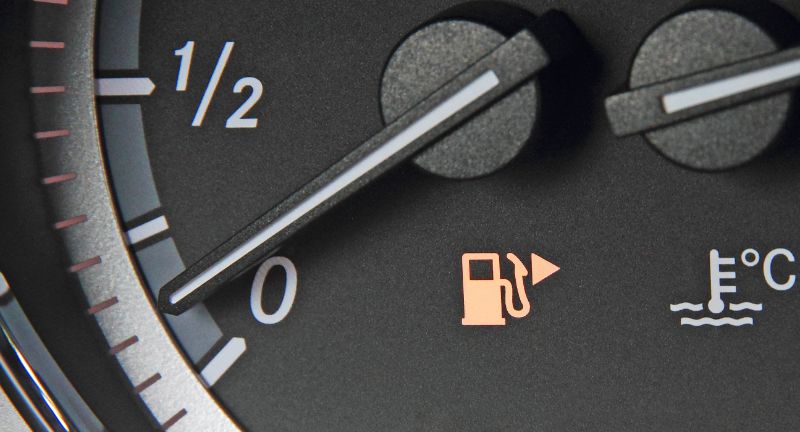
Shutterstock
While many of us rely on our cars for daily transportation, we often do so without fully understanding the subtle warning signs that may indicate underlying issues with our vehicles. Cars are prone to wear and tear, and common problems can develop over time. Recognizing these early indicators is important as it can help diagnose potential issues before they escalate into costly and potentially dangerous problems. By being vigilant and knowing what to be on the lookout for, we can ensure the continued reliability and safety of our automobiles.
Here are some common car issues every driver should be aware of.
Faulty Brakes
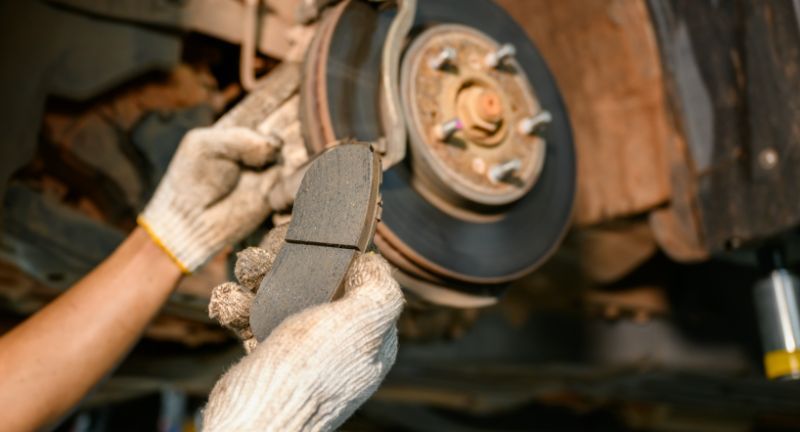
Shutterstock
You might notice a spongy brake pedal, hear squealing or grinding noises, or experience a longer stopping distance. This can often be resolved by replacing the brake pads or rotors. It’s crucial to get brakes checked regularly for safety.
Malfunctioning Alternator
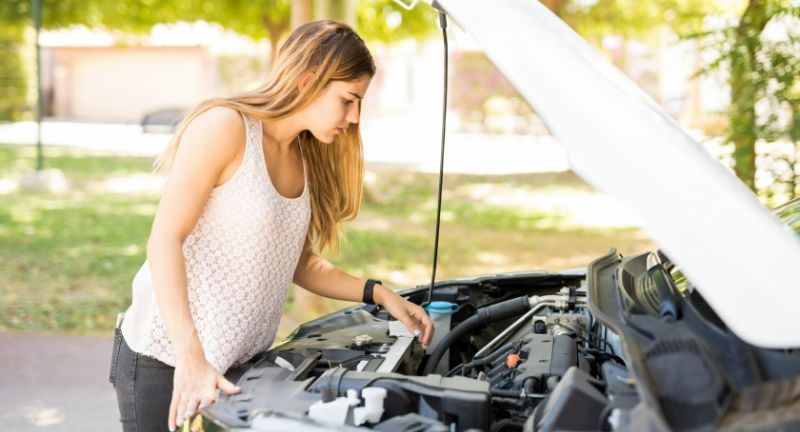
Shutterstock
Signs include dimming lights and accessories that fail to work properly. The car may also struggle to start or stall. Fixing an alternator typically involves replacing it, which should be done by a professional.
Steering Wheel Shaking

Shutterstock
If the steering wheel shakes, it might be due to unbalanced tires, misalignment, or problems with the steering components. Balancing or rotating the tires, or getting a wheel alignment, can often resolve this issue.
Overheating Engine

Shutterstock
An overheating engine will often cause the temperature gauge to rise to the “H” mark and may produce steam from under the hood. This can be caused by low coolant levels, a faulty thermostat, or a damaged radiator. Refilling coolant or repairing the cooling system components will usually fix the problem.
Transmission Issues
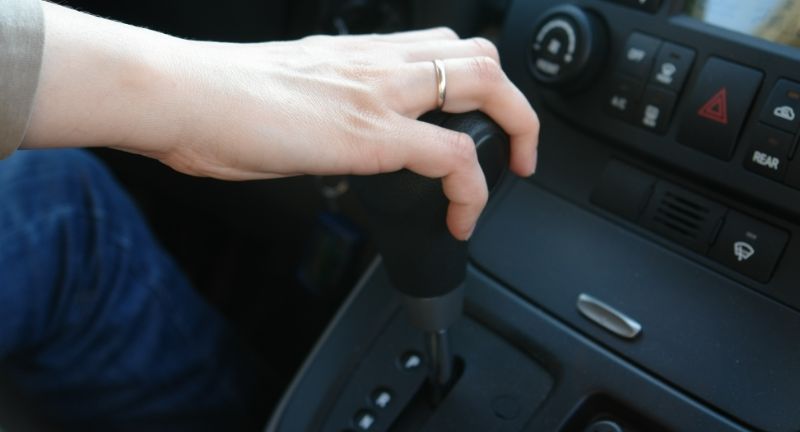
Shutterstock
Difficulty in shifting gears, unusual noises while in gear, and slipping gears are common symptoms. This can be a complex issue, often requiring professional diagnosis and repair. Regular transmission fluid changes can help prevent problems.
Check Engine Light
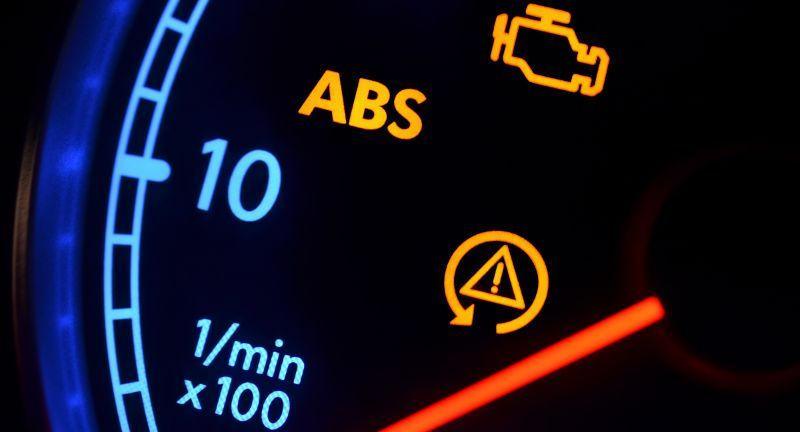
Shutterstock
The check engine light can indicate a range of issues, from a loose gas cap to more serious engine problems. A diagnostic tool can read the error code to identify the specific issue. Depending on the code, solutions can range from tightening the gas cap to more extensive engine repairs.
Oil Leak
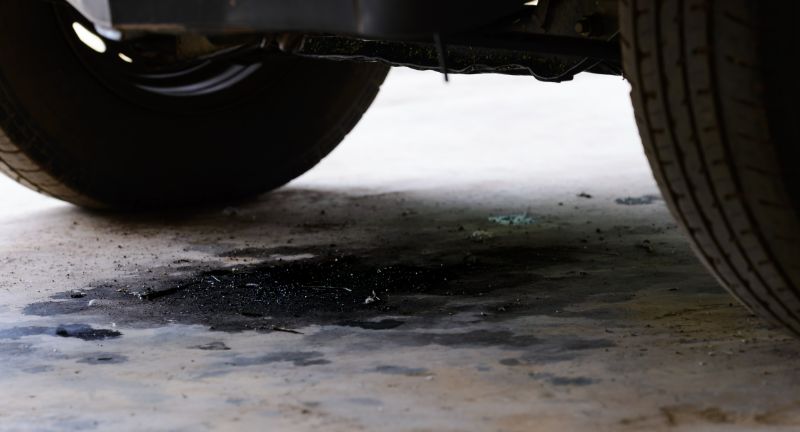
Shutterstock
Signs of an oil leak include the presence of oil spots or puddles under the parked car, a burning oil odor while driving, and a noticeable drop in the oil level on the dipstick. Addressing oil leaks promptly is essential to prevent engine damage, maintain proper lubrication, and ensure the vehicle’s longevity and reliability.
Worn Spark Plugs

Shutterstock
Spark plugs are essential components in a vehicle’s ignition system responsible for creating the spark needed to ignite the air-fuel mixture in the engine’s cylinders. Signs of worn spark plugs include rough idling, poor acceleration, decreased fuel efficiency, and engine misfires. Replacing spark plugs is a relatively simple and inexpensive fix that can dramatically improve engine performance.
Clogged Air Filter
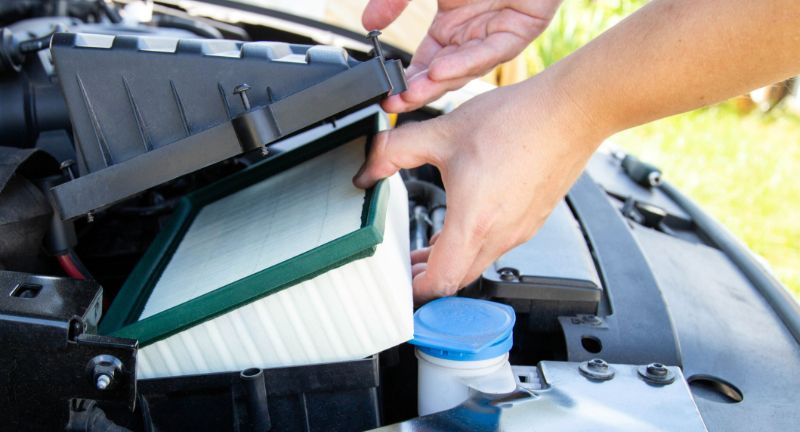
Shutterstock
A clogged air filter can reduce engine performance, fuel efficiency, and increase emissions. This is typically noticed by a decrease in acceleration. Replacing the air filter is relatively simple by locating the air filter housing, usually in the engine compartment, and remove the air filter. Replace it with a new, clean filter designed for your car’s make and model. Regularly changing your air filter ensures optimal engine performance.
Faulty Fuel Injector
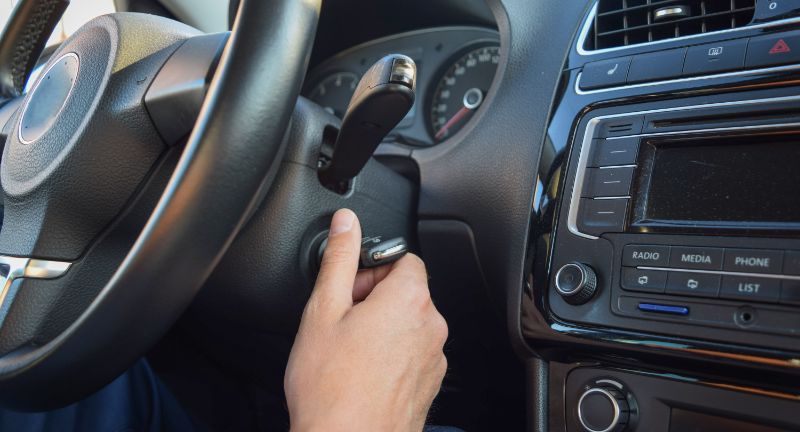
Shutterstock
Symptoms include engine misfires, a decrease in power and fuel efficiency, and sometimes a fuel odor. If you suspect this issue, use a diagnostic tool to identify the problematic injector. Cleaning or replacing the fuel injector can usually resolve these issues.
Conclusion

Shutterstock
Being aware of warning signs for common car problems is a proactive approach to vehicle maintenance that can save both time and money. Whether it’s identifying the symptoms of a failing electrical system, noticing the effects of worn suspension components on our ride quality, or spotting the subtle signs of a leaking coolant system, early detection is key. By addressing these issues promptly, we not only prevent further damage but also ensure our safety on the road. A well-maintained vehicle not only runs smoother but also provides peace of mind during our journeys.
More From Auto Overload
-
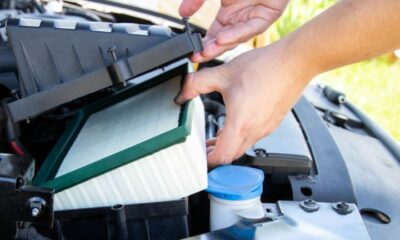

8 Easy Ways To Increase Your Car’s Value
-
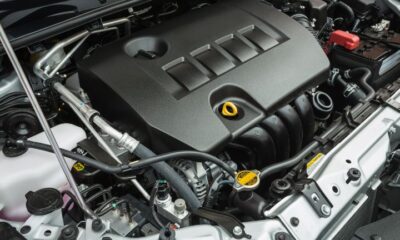

8 Easy Ways To Boost Fuel Efficiency
-
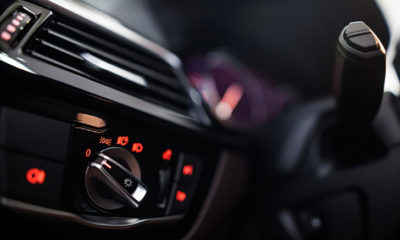

Two Essential Truths Every Car Owner Needs To Know
-


8 Tactics To Deter Car Thieves
-


9 Things You Should Never Leave In The Car
-


12 Most Astonishing Concept Cars Ever Created
-


10 Greatest Trucks Ever Built
-


11 Coolest Cars Being Developed Right Now
-


6 Popular Car Features That Will Never Be Seen Again
-


10 Weirdest Cars To Ever Hit The Road
-


11 Essential Items You Need To Keep In Your Vehicle
-


8 Of The Fastest American Cars Ever Made

